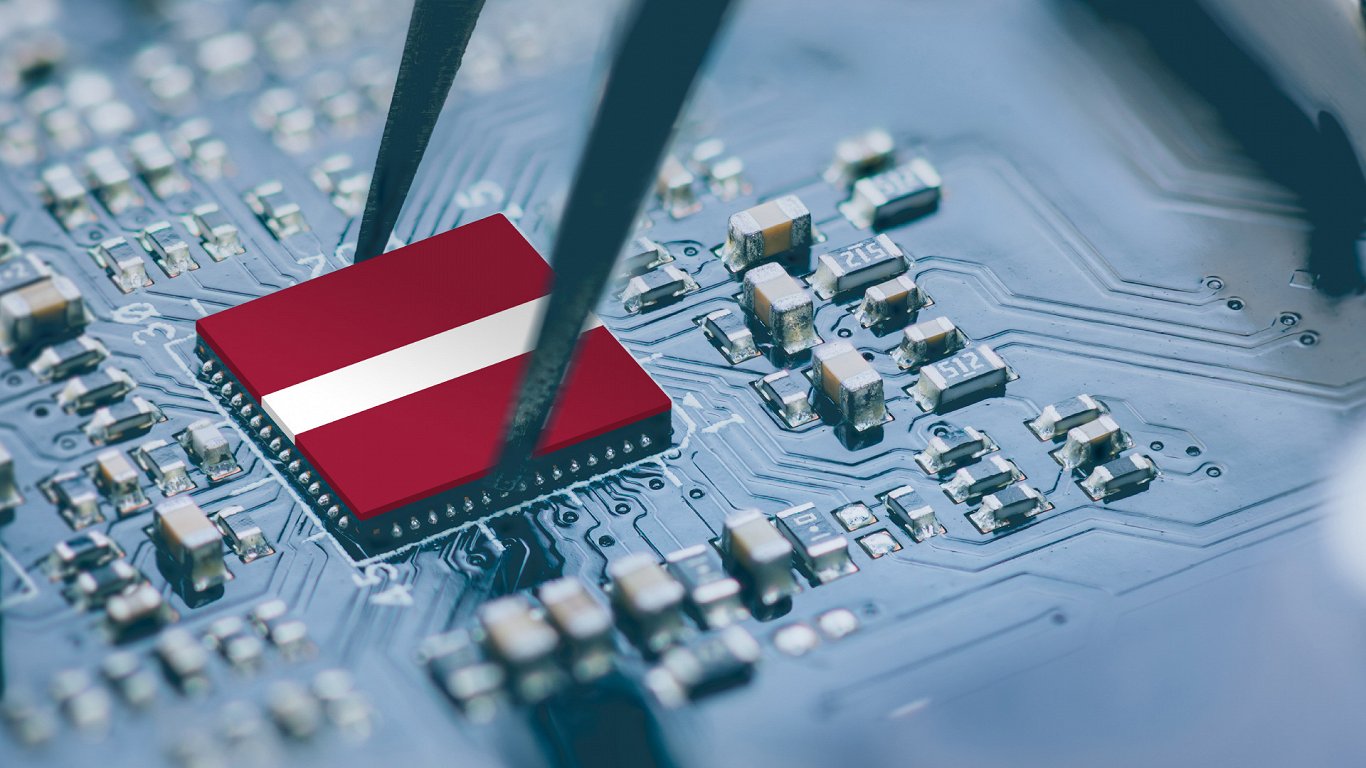The memorandum has three key components; developing the microchip ecosystem, developing educational and research capabilities, and fostering development and manufacturing capabilities throughout the semiconductor supply chain.
Memorandum partners include both public and private sector entities, such as Riga Technical University, University of Latvia (Institute of Mathematics and Computer Science, and Institute of Solid State Physics), LMT, Mikrotik, Tet, the Electronic Communications Office of Latvia, the Liepāja Special Economic Zone, the Confederation of Latvian Employers, the Ministry of Economics of the Republic of Latvia and the Education and Science Ministry of the Republic of Latvia.
The actual text of the Memorandum of Understanding includes several interesting deadlines, including "meetings of interested parties in the ecosystem from 2023" and Improving and improving relevant educational programs "in order to promote the development of knowledge and the availability of highly qualified experts in Latvia by 2027."
The Memorandum of Understanding itself is valid for 10 years, with the option to extend it for another 10 years if the parties agree, but it makes no mention of any financial commitments.
Latvia's electronic and optical device manufacturing sector accounted for 7% of manufactured volume in 2022. Approximately 90% of manufactured electronics are exported, with companies such as Mikrotik,
HansaMatrix, Lightspace Technologies, and SAF Tehnika among the most important in the sector.
“Any production, innovation, or supply chain element, which we can provide locally in Latvia, strengthens our positions within the community of international innovators and our independence from other countries’ capabilities or desire to be involved in our projects. The strengthening of the local microchip production ecosystem and signing of this Memorandum is one more step toward the extension of the technological horizon," said Juris Binde, President & Chairman of LMT.
Europe's current share of semiconductor manufacturing is at 9% of global supply. Its goal is to increase that share to 30% by 2030. The European Commission in February of 2022 published the “Chips Act”, to “bolster Europe's competitiveness and resilience in semiconductor technologies and applications, and help achieve both the digital and green transition”.






























